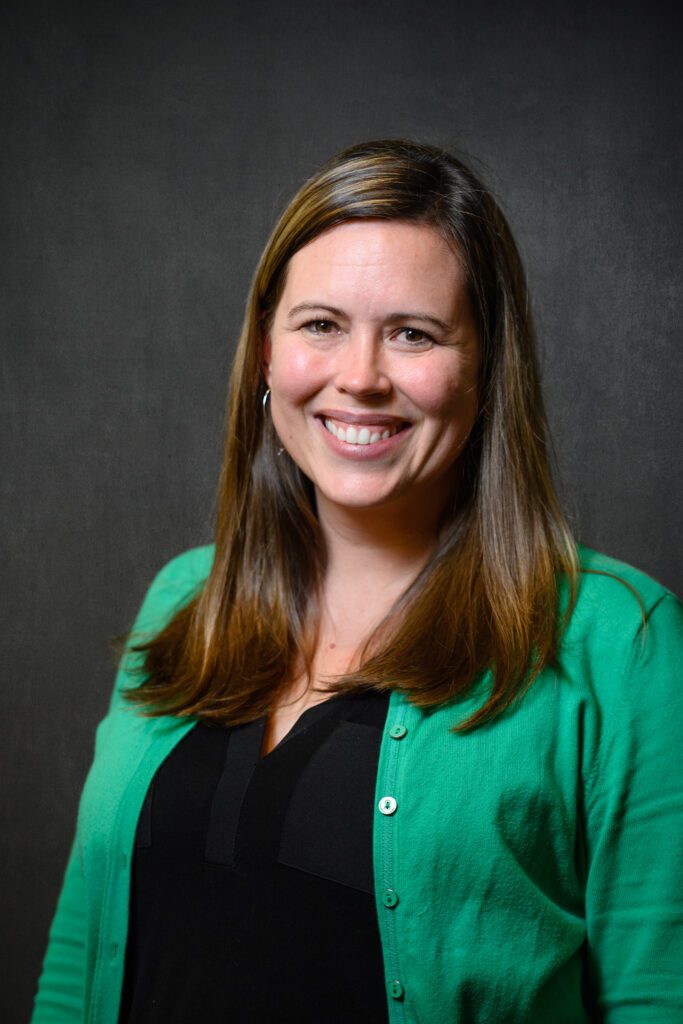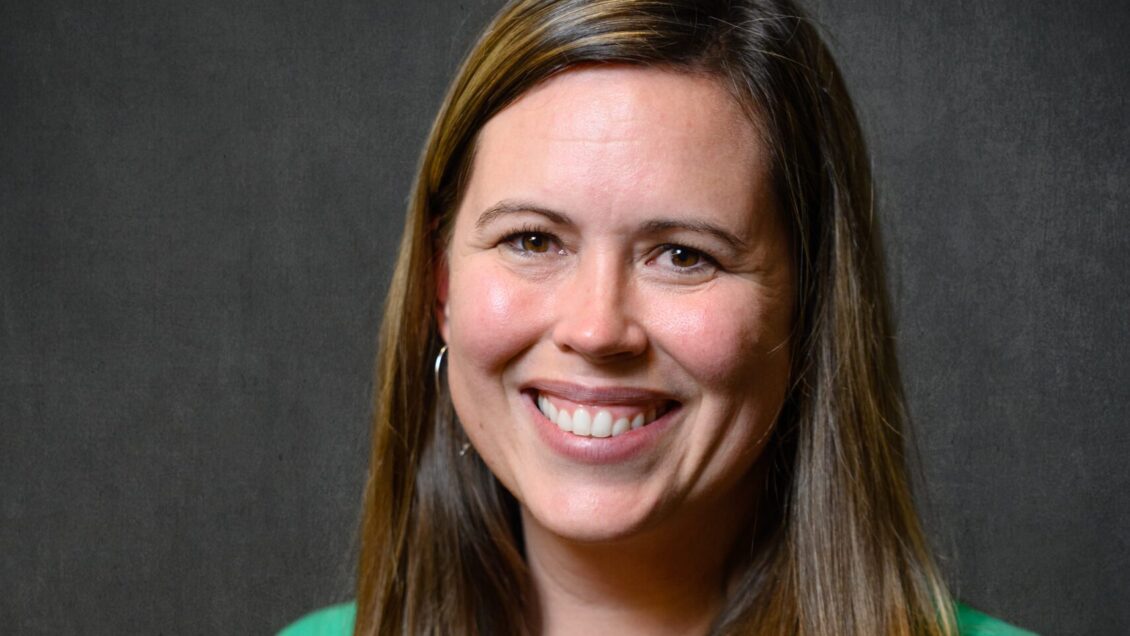After serving 4-H in nearly every possible capacity since joining her local club as a kid who had just gotten her first horse, Ashley Burns is stepping into a new role that takes advantage of all those experiences: South Carolina State 4-H Leader.
Burns has been involved with 4-H in a variety of forms and fashions for more than 30 years — first as a member and officer and since as a volunteer, agent, parent and specialist — and had served as interim 4-H program team director since June 2021.
“I’m really excited about the future of 4-H,” Burns said. “We have had a major shift in youth development in recent years, where we’re really focusing on the positive development of young people and the potential they hold. The 4-H Thriving Model is a research-based, holistic, whole-person use of how we can work with young people and work with volunteers who work with young people and parents, families and communities to support young people to have the best outcomes possible.”
The youth development arm of the Clemson Cooperative Extension Service, South Carolina 4-H uses a learn-by-doing approach to help youth gain the knowledge and skills to be responsible, productive and contributing members of society. Nationally, 4-H employs a network of 500,000 volunteers and 3,500 professionals to provide caring and supportive mentoring to more than 6 million 4‑H’ers.
An active member of her local chapter in Georgia through middle and high schools, Burns began down the path her career eventually took thanks to a 4-H trip to the campus of the University of Georgia.
“They had an animal science in action program where they invited all the 4-H and FFA members who were rising seniors to the university over the summer to have an in-depth enrichment experience — stay in the dorms, see the department, visit all the farms,” she said.

Burns says she remembers a single moment of inspiration that solidified her college decision: getting to put her hand inside a fistulated dairy cow and see the microbes that live inside the rumen, one of the cow’s four stomach compartments, on a screen in front of her.
After volunteering with 4-H, she earned her bachelor’s degree with a double major in Animal Science and Dairy Science at the University of Georgia, Burns earned her master’s from Kansas State and then returned to Georgia to work as a 4-H agent in Henry County, Ga., where she and four program assistants worked with 14 clubs and a multitude of youth development programs that reached approximately 3,500 youth.
Burns received Clemson University’s Next Generation Graduate Fellowship to pursue a Ph.D. in Animal Science with an emphasis on nutritional physiology of ruminant species and complete her doctorate in 2011. After two post-doctoral fellowships — one at Clemson and one at Furman University — Burns was hired in 2015 to an assistant director position with South Carolina 4-H working with STEM, natural resources and volunteerism.
“That’s where I’ve been ever since, and I love it,” Burns said. “I love Extension. I love the roots that 4-H has: the strong clubs, the connection with agriculture and sciences, as well as leadership. It’s about the community and those really strong identities, as well as the latest and greatest content and potential for workforce development for STEM and other careers.”
Burns takes over for Pam Ardern, who announced her retirement in 2021 after 15 years as the face of South Carolina 4-H.
Clemson Extension Director Tom Dobbins said Burns stepping into the role of state 4-H director — after working closely with Ardern for several years — would make for a smooth transition and ensure that the positive momentum within the organization continued.
“People must have passion for Extension service in order to be successful at doing it — our job is to serve the people of the state — and that’s essential for 4-H because it’s helping to shape the next generation of leaders and citizens of South Carolina. Dr. Burns has shown throughout her career that serving others is a motivating factor for her and that she is passionate about the work we do in Extension,” Dobbins said. “With her background and experience, I couldn’t be more confident in the direction of South Carolina 4-H moving forward under Ashley’s direction.”
Burns’ scholarly achievements include nearly 70 professional abstracts, more than 100 additional workshops and presentations, nine peer-reviewed publications, 41 Extension publications, more than 100 newsletters and popular press articles, and over $500,000 in extramural grant funding.
Burns has been recognized four times on the national level in the last 10 years. She also helped develop the 2021 4-H STEM Challenge with Clemson 4-H agents, National 4-H Council and U.S. Space Force and led the update of the Volunteer Research Knowledge Competency taxonomy with a team of 19 other writers from 18 different states nationwide.
“We’ve just barely scratched the surface of the potential that is there for 4-H,” Burns said. “It’s amazing what these kids do and what they get involved with. To create opportunities for those who may not have ever experienced a particular thing and open doors to experiences, relationships for mentoring and coaching, as well as future careers and educational pathways. It’s just so exciting to see those lightbulbs come on, and the energy and enthusiasm around it is just so rewarding.”
Get in touch and we will connect you with the author or another expert.
Or email us at news@clemson.edu

